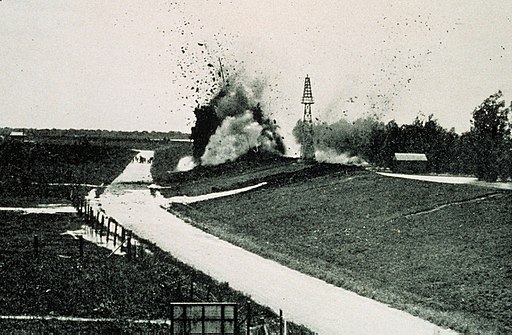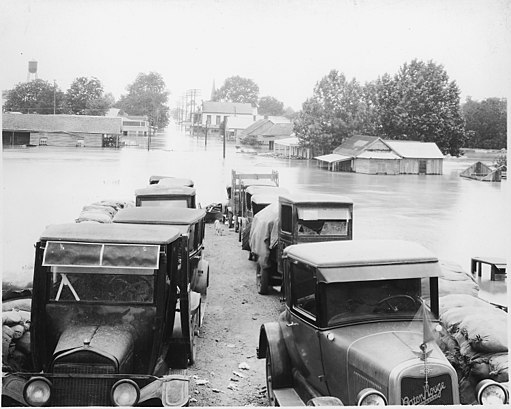Neither Here nor There

The Buccaneer Was a Picturesque Fellow, a 1905 painting by Howard Pyle (1853-1911) used as an illustration in Howard Pyle’s Book of Pirates: Fiction, Fact & Fancy Concerning the Buccaneers & Marooners of the Spanish Main.

At the 18th hole of the AT&T National Pro-Am Tournament in 2006, Supreme Leader (not his title then) leans on his golf club. The pirates have exchanged their muskets for golf clubs. Photo by Steve Jurvetson.
Mainland political interests are against Puerto Rico statehood, and there are also economic interests against it, such as large corporations and Wall Street banks that seek to continue plundering the island, an activity made easier by Puerto Rico existing politically between the devil and the deep blue sea. Who cares if the Puerto Ricans are suffering in the aftermath of Hurricanes Irma and Maria, which have piled on to an economic recession which started for them over ten years ago and has continued to worsen? Certainly not sociopaths like Supreme Leader and his economic advisors Gary Cohn and Treasury Secretary Steven Mnuchin, both formerly of Wall Street.
The damage caused by Supreme Leader, Steven Mnuchin, Gary Cohn, and other members of our ruling class is far more deplorable than what Monty Python depicted in this TV sketch, but still it helps to ridicule them.
It’s not as if Puerto Rico has 38 electoral votes like Texas, where Hurricane Harvey landed, or 29 like Florida, where Hurricane Irma continued its devastation after leaving the Caribbean islands, or even 3 votes like the District of Columbia, with its population otherwise shut out of federal representation but for those 3 measly electoral college votes. Puerto Ricans have zero votes. Not one vote in the electoral college, in the House of Representatives, or in the Senate. No one speaks for them. Thanks to its colonial relationship to the United States, however, there is money to be pillaged from its poor and working class people, and what’s left of its dwindling middle class. That’s why Supreme Leader acted the way he did, and tweeted what he tweeted, because he was looking out for himself and his cronies, and that’s his real constituency. Why would he care one way or the other about the Puerto Ricans?
― Ed. 



